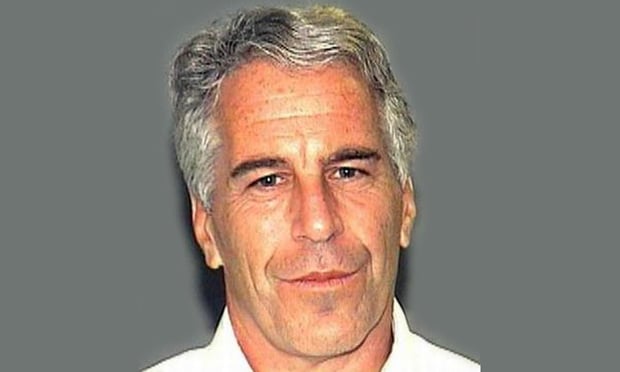Last week, Judge Richard Berman ordered a hearing on the prosecutors’ decision to dismiss the indictment against Jeffrey Epstein, who had been charged with multiple counts of sex trafficking and assault before he committed suicide in a Manhattan prison. The judge announced that he intends to allow victims to speak at the hearing, which is scheduled for August 27th. Berman stated: “The court believes that where, as here, a defendant has died before any judgment has been entered against him, the public may still have an informational interest in the process by which the prosecutor seeks dismissal of an indictment.”
This is an odd moment for transparency in a criminal case. Normally, if a prosecutor seeks to dismiss an indictment for such an obviously worthy reason, the court would simply grant the request. The judge would not schedule a hearing and he definitely would not allow the victims to speak. And if he did hold a hearing, whatever informational interests the victims may have would be served by affording them a chance to attend the hearing, not by giving them a speaking role.
This content has been archived. It is available through our partners, LexisNexis® and Bloomberg Law.
To view this content, please continue to their sites.
Not a Lexis Subscriber?
Subscribe Now
Not a Bloomberg Law Subscriber?
Subscribe Now
LexisNexis® and Bloomberg Law are third party online distributors of the broad collection of current and archived versions of ALM's legal news publications. LexisNexis® and Bloomberg Law customers are able to access and use ALM's content, including content from the National Law Journal, The American Lawyer, Legaltech News, The New York Law Journal, and Corporate Counsel, as well as other sources of legal information.
For questions call 1-877-256-2472 or contact us at [email protected]


 Jeffrey Epstein’s 2011 police mug shot.
Jeffrey Epstein’s 2011 police mug shot.




